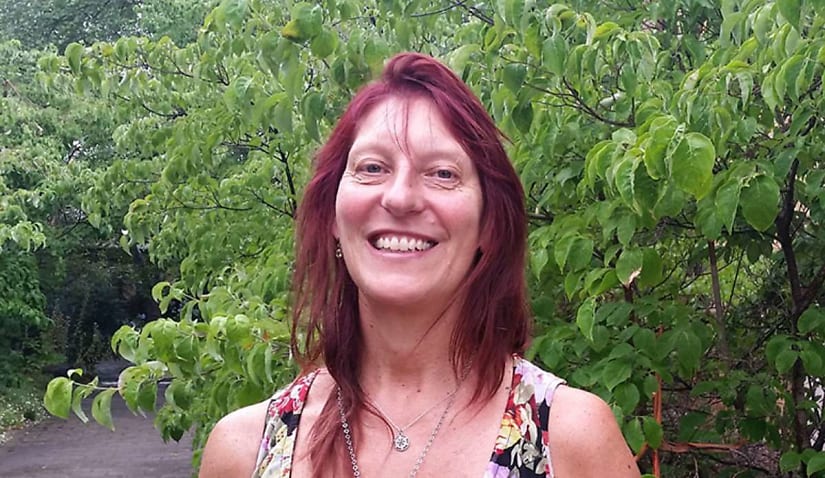Marginalised communities would benefit greatly from having trusted legal advisers within health and social care settings, new research from Nottingham Law School has revealed.

New research carried out in Australia by a former Australian National University academic has shown that marginalised people who distrust the legal system can benefit from access to lawyers “on their side” placed within trusted settings.
The study focuses on the newly established Bagaraybang bagaraybang mayinygalang (BBM), which works with Aboriginal community members in the north-east NSW and Victoria areas of Australia who experience poor mental health and wellbeing.
As part of the project, lawyers from the Hume Riverina Community Legal Service were placed at the Albury Wodonga Aboriginal Health Service (AWAHS) to provide free legal advice and assistance and to work collaboratively with AWAHS staff to support client wellbeing.
The study questioned clients and legal support staff, resulting in a number of lessons relevant to all countries with communities that experience ongoing poverty, inequality, poor mortality rates and negative health and wellbeing.
For the Aboriginal community members questioned in the study, systematic racism has meant that many of them don’t trust the law and hold it responsible for their bad experiences.
The findings from the study also showed low levels of knowledge about the law, with perceptions that its role is only when someone has “done something illegal” rather than in the protection or enforcement of rights. Communities also expressed concerns that in exercising their rights, they risk reprisals against them by authorities.
However, building up trust was seen as key to engagement, in particular the need for lawyers to listen and “be real” and for institutions to go beyond symbolism and make genuine efforts in their practice.
Showing respect, being approachable, using culturally appropriate and understandable language, and involving the community in decision making were also seen as significant factors in building trusted relationships.
According to the research, there was an appetite among the community to learn more about different areas of law, to assist them in utilising correct information to both prevent inappropriate action by them or by authorities seeking to exploit them.
This highlighted not only the need for access to a lawyer but also the need to build legal awareness, capability, confidence, empowerment, and advocacy skills in both the Aboriginal community and among the “trusted intermediaries”.
Dr Liz Curran (pictured), lead researcher and associate professor of clinical legal education at Nottingham Law School, part of Nottingham Trent University, said that additional work is needed to combat the distrust these communities have in the legal system.
“Around the world, marginalised communities are still significantly impacted in terms of their life outcomes, and many see the law as something to distrust, and as a hinderance, rather than a help. The participants in this study expressed distrust in all formal institutional structures and service delivery, and this distrust will be present in all communities who face discrimination,” she said.
“The expansion of health justice partnerships across the globe is vital in changing this perception and empowering people with knowledge. However, we can see from this research that the lawyers must truly understand the community they’re working with, be open and transparent, and involve their clients in their practice and decision making.”
The report is the first part of a three-year annual evaluation of the project.

Lauren is the commercial content writer within Momentum Media’s professional services suite, including Lawyers Weekly, Accountants Daily and HR Leader, focusing primarily on commercial and client content, features and ebooks. Prior to joining Lawyers Weekly, she worked as a trade journalist for media and travel industry publications. Born in England, Lauren enjoys trying new bars and restaurants, attending music festivals and travelling.